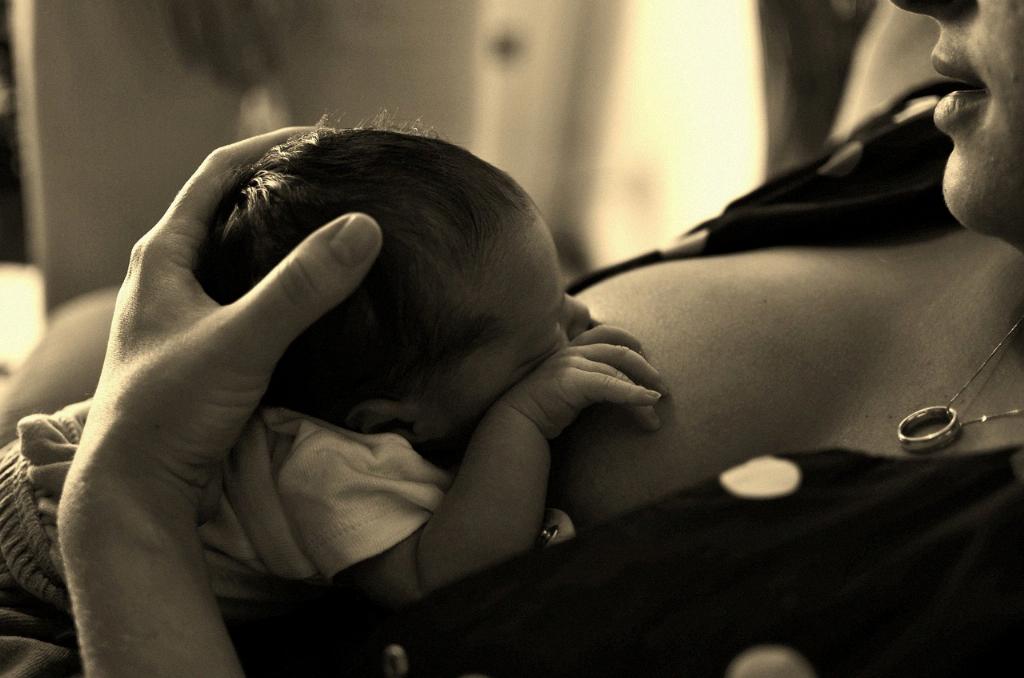Choking can be a scary experience, especially when it involves a newborn. When a newborn chokes on milk, it’s essential to stay calm and act quickly to help them breathe properly. Understanding the appropriate steps to take in such a situation can potentially save a life.
The first thing to do if a newborn chokes on milk is to assess the situation. Check if the baby is struggling to breathe, making unusual noises, or turning blue. It’s crucial to react promptly to prevent further complications.
Back patting and chest compressions can be effective techniques to help a choking newborn. Place the baby face down on your forearm, ensuring their head is lower than their body. Support the chest with one hand and deliver firm pats between the shoulder blades to dislodge the milk obstructing the airway.
When performing back patting, it’s essential to be gentle yet forceful enough to dislodge the milk. Avoid using excessive force as it can cause harm to the baby. Stay focused on providing effective assistance while keeping the newborn’s well-being a top priority.
If back patting alone doesn’t clear the airway, chest compressions can be performed. Use two or three fingers to deliver quick, firm pushes on the infant’s chest. This action helps increase pressure inside the chest, aiding in the expulsion of the milk causing the obstruction.
Remember to call for help if the choking continues or worsens. Inform emergency services immediately for professional assistance. Stay vigilant and continue applying back patting and chest compressions until help arrives or the situation improves.
It’s important to never perform a blind finger sweep in the baby’s mouth if you suspect an obstruction. This action can push the object further back, worsening the situation. Focus on back patting and chest compressions to dislodge the milk effectively.
After the newborn has successfully expelled the milk and can breathe normally, ensure to comfort and monitor them closely. Speak soothingly to reassure the baby and keep a watchful eye on their breathing and overall condition.
Seek medical attention after a choking incident to rule out any underlying issues that may have contributed to the event. Follow up with a healthcare provider to ensure the baby’s health and well-being are properly assessed post-incident.
Being prepared for emergencies involving newborn choking is crucial for every caregiver. Taking infant CPR courses can provide valuable knowledge and skills in handling critical situations. By staying informed and proactive, you can effectively respond to and manage emergencies like infant choking.
Remember, prevention is key in ensuring the safety of newborns. Always supervise feeding times, use proper feeding techniques, and avoid distractions to reduce the risk of choking incidents. Prioritize the well-being of your baby by creating a safe and secure environment during feeding and beyond.

